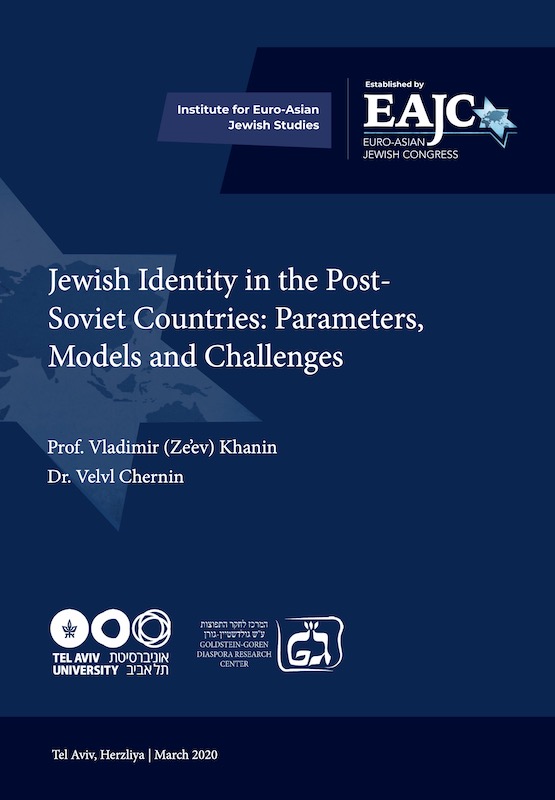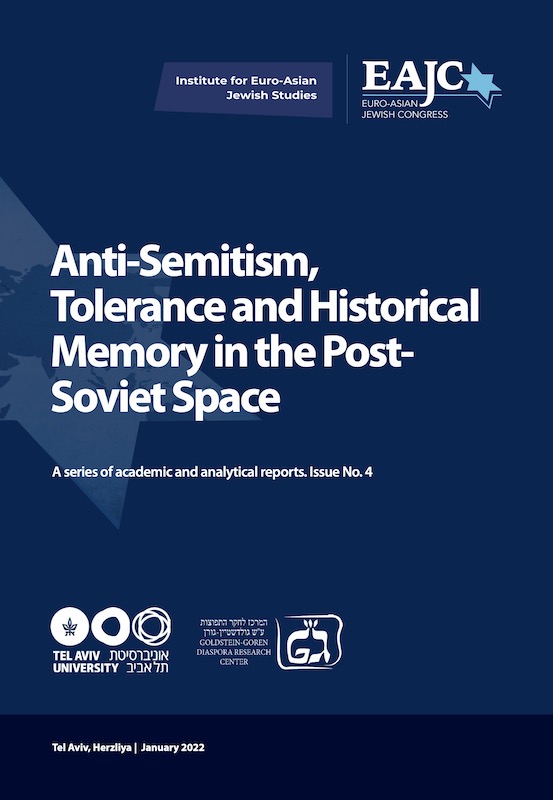
To understand antisemitism in its contemporary context, we must pay attention not only to antisemitic events that have taken place in Western Europe, the United States, and the Muslim world – that is, places that have been in the headlines in the recent past – but also to former communist countries. In April 2018, fifty-seven members of Congress signed a letter to the US State Department, expressing their concern over the increasing rates of antisemitism and Nazism in Poland and Ukraine. Moreover, a 2017 report released by the Israeli Ministry of Jewish Diaspora Affairs, which analyzed global trends of antisemitism, also chose to highlight post-Soviet countries, notably Russia and Ukraine. According to the report, “the number of antisemitic incidents doubled [in Ukraine], exceeding the number of incidents reported in the whole region.”


